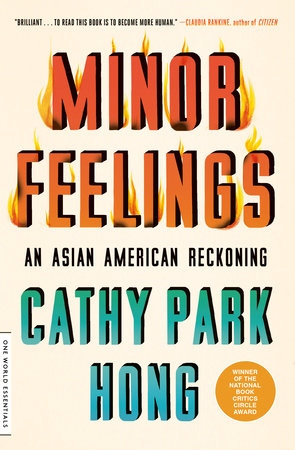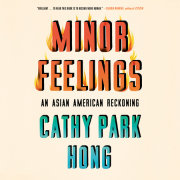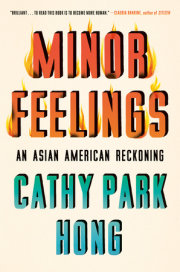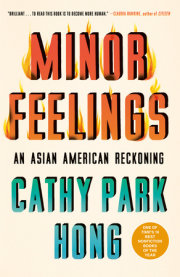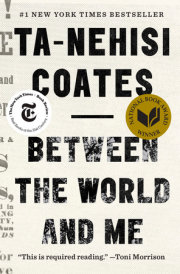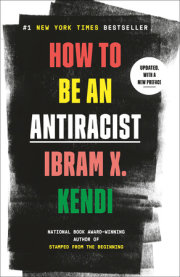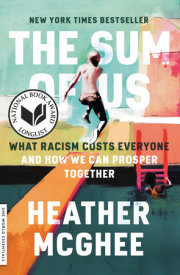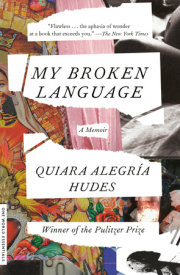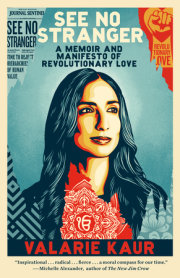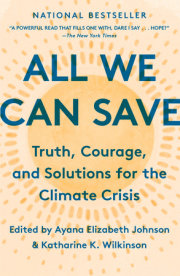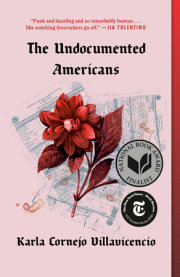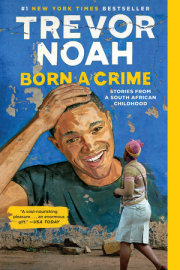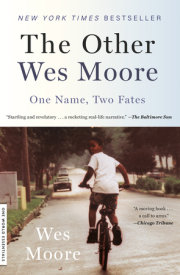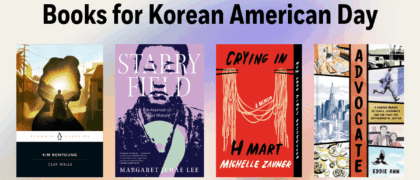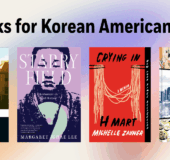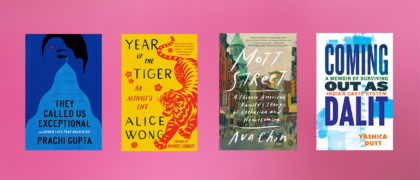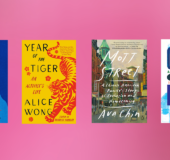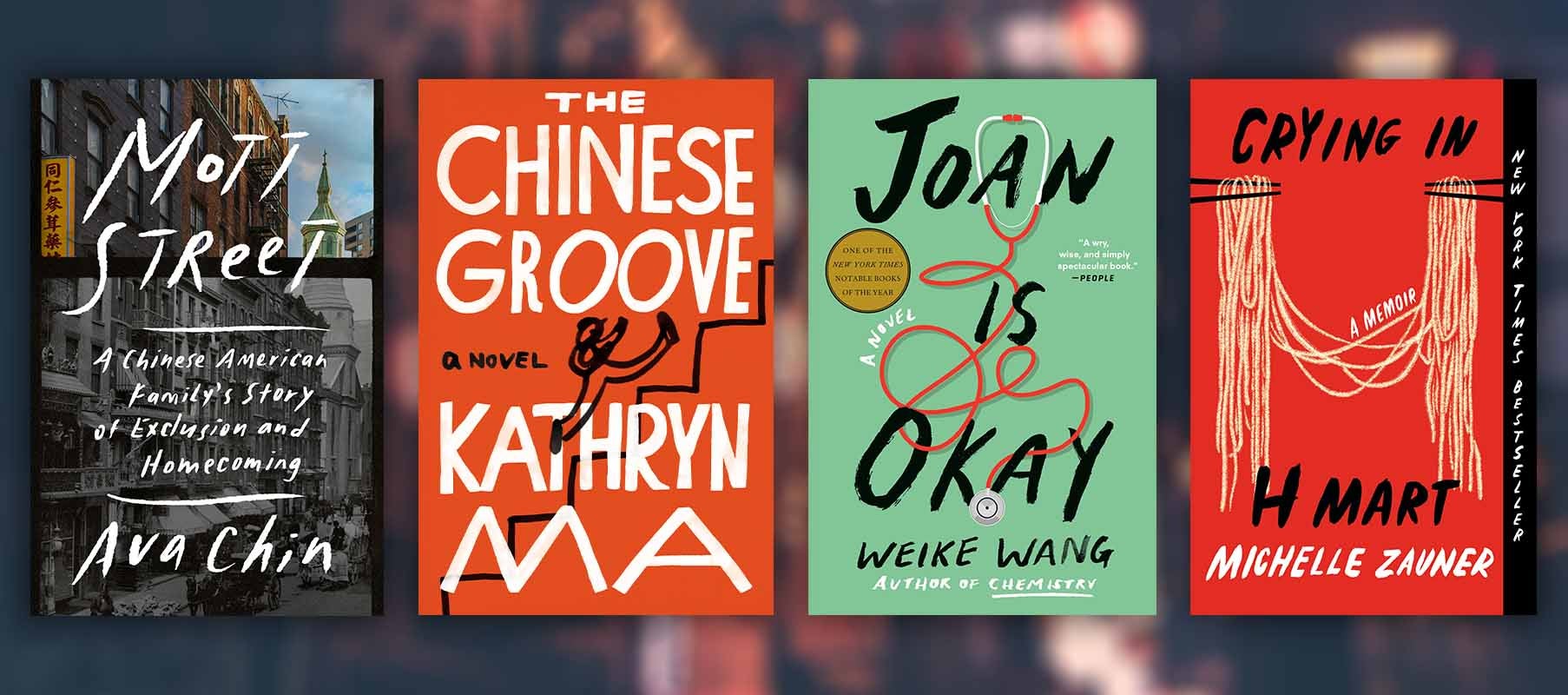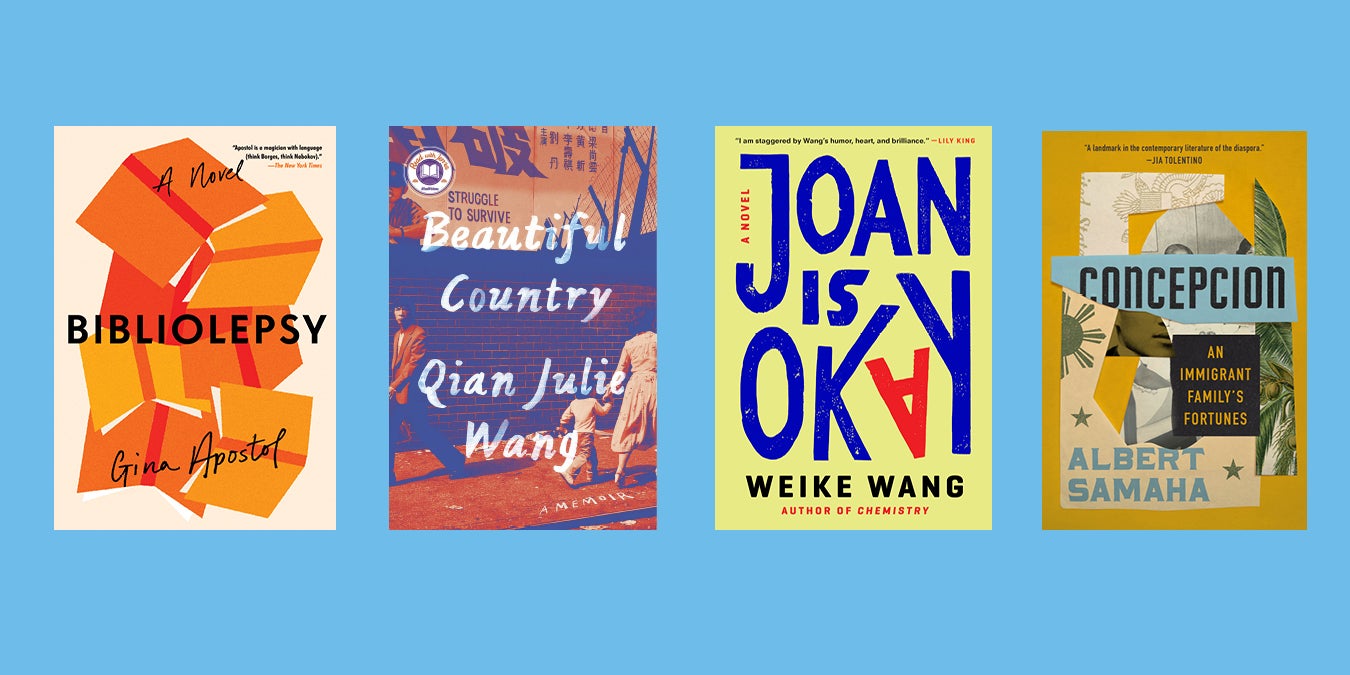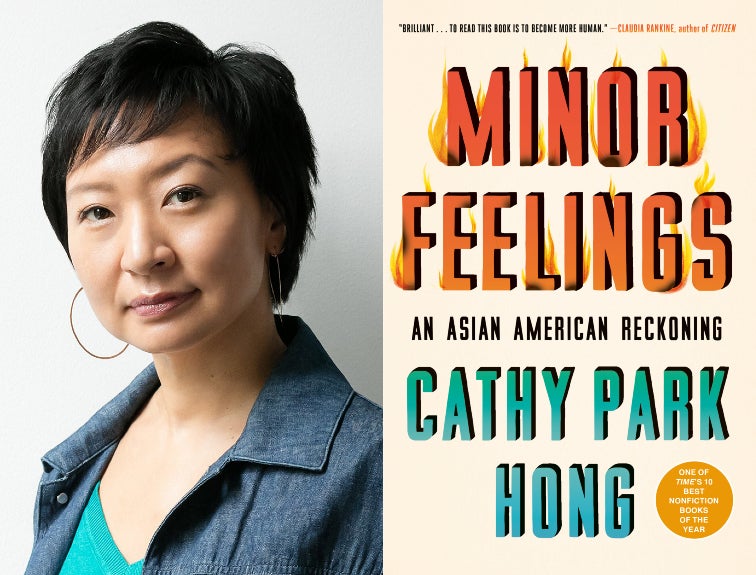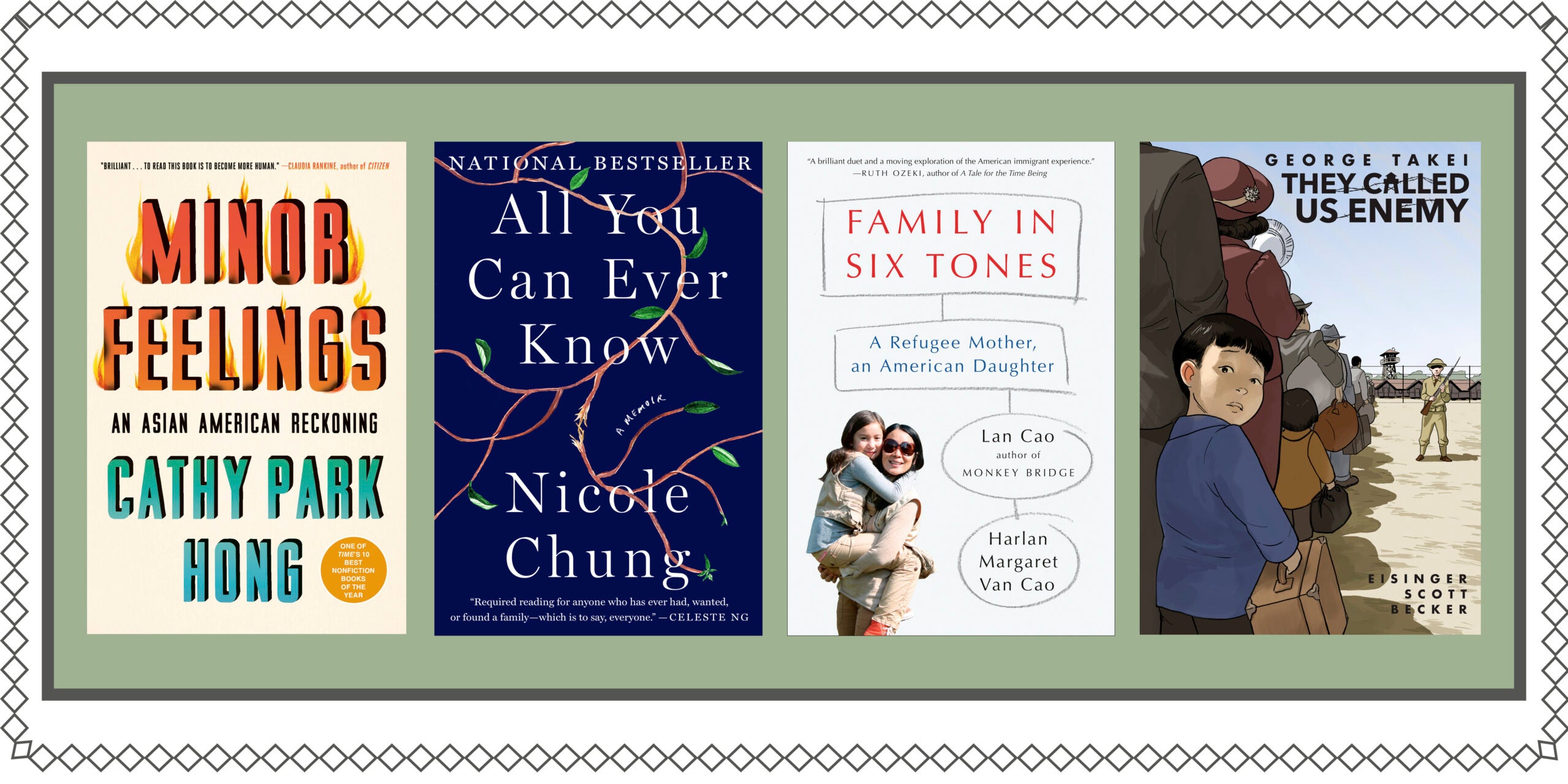United
My depression began with an imaginary tic.
For an hour, I stared at the mirror, waiting for my eyelid to flutter or the corner of my mouth to tingle.
“Do you see my tic?” I asked my husband.
“No.”
“Do you see my tic now?” I asked my husband.
“No.”
“Do you see my tic now?” I asked my husband.
“No!”
In my early twenties, I used to have an actual tic in my right eyelid that spread so that my right facial muscles contracted my eye into an occasional Popeye squint. I found out I had a rare neuromuscular condition called hemifacial spasm, triggered by two cranial nerves behind my ear that became twisted. In 2004, when I was twenty-six years old, a doctor in Pittsburgh corrected my spasms by inserting a tiny sponge to separate the two entwined nerves.
Now, seven years later, I was convinced my spasms had returned—that somehow the sponge had slipped and my nerves had knotted themselves up again. My face was no longer my face but a mask of trembling nerves threatening to mutiny. There was a glitch in the machine. Any second, a nerve could misfire and spasm like a snaking hose hissing water. I thought about my face so much I could feel my nerves, and my nerves felt ticklish. The face is the most naked part of ourselves, but we don’t realize it until the face is somehow injured, and then all we think of is its naked condition.
My self-conscious habits returned. I found elaborate ruses to hide my face in public, cradling my cheek against my hand as if I were in constant dismay, or looking away to quietly ponder a question about the weather when all I could think of was my ticklish nerves that could, any second, seize my face into a tic.
There was no tic.
It was my mind threatening mutiny. I was turning paranoid, obsessive. I wanted someone to unscrew my head and screw on a less neurotic head.
“Stinking thinking,” my husband called my thinking.
To try to fall asleep, I ingested whiskey, then whiskey with Ambien, then whiskey with Ambien, Xanax, and weed, but nothing could make me sleep. When I could not sleep, I could not think. When I could not think, I could not write nor could I socialize and carry on a conversation. I was the child again. The child who could not speak English.
I lived in a beautiful rent-stabilized loft on an unremarkable corridor of Lower Broadway known for its retail jeans stores that pumped out a wallpaper of Hot 97 hits. I was finally living the New York life I wanted. I was recently married and had just finished writing a book. There was no reason for me to be depressed. But anytime I was happy, the fear of an awful catastrophe would follow, so I made myself feel awful to preempt the catastrophe from hitting. Overtaxed by this anxiety, I sank into deep depression. A friend said that when she was depressed, she felt like a “sloth that fell from its tree.” An apt description. I was dull, depleted, until I had to go out and interface with the public, and then I felt flayed.
I decided to see a therapist to treat my depression. I wanted a Korean American therapist because I wouldn’t have to explain myself as much. She’d look at me and just know where I was coming from. Out of the hundreds of New York therapists available on the Aetna database of mental health care providers, I found exactly one therapist with a Korean surname. I left a message for her and she called me back. We set up a consultation.
Her small, dimly lit waiting room had a framed Diego Rivera poster of a kneeling woman holding a giant basket of calla lilies. The whole room was furnished in Rivera’s tranquilizing palette: the brown vase of cattails, the caramel leather armchair, a rug the color of dying coral.
The therapist opened her door. The first thing I noticed was the size of her face. The therapist had an enormous face. I wondered if this was a problem for her, since Korean women are so self-conscious about the size of their faces that they will go under the knife to shave their jawlines down (a common Korean compliment: “Your face is so small it’s the size of a fist!”).
I went into her office and sat down on her couch. She told me she was going to begin with some standard consultation questions. The questions she asked were indeed standard: Was I hearing voices in my head? Having suicidal thoughts? I was soothed by how standard these questions were since it assured me that my depression was not in fact me but a condition that was typical. I answered her consultation questions despondently; I might have even hammed up my despondency, to prove to her, and myself, that I needed to be there. But when she asked, “Was there ever a time in childhood where you felt comfort?” I searched for a memory, and when I couldn’t recall a time, I collapsed into sobs. I told her the beginning of everything—my depression, my family history—and when our consultation was over, I felt remarkably cleansed. I told her I’d like to see her again.
“I’m not sure I’m taking any more patients with Aetna,” the therapist said neutrally. “I’ll contact you soon.”
The day after, I went ahead and called her office phone to set up another appointment. When I didn’t hear from her after twenty-four hours, I left two more messages. The following day, she left a voicemail, telling me she couldn’t take me as a patient since she’d decided to stop taking Aetna insurance. I immediately called back and left my own voicemail explaining that Aetna would reimburse me 80 percent for all out-of-pocket costs. She didn’t return my call. Throughout the week, I left four more voicemails, each one more desperate than the last, begging for her cell number so we could text about this. Then I began to randomly call her and hang up when I got her machine, hoping to catch her between appointments. I did this half a dozen times per day, until it dawned on me that she might very well have caller ID, which shamed me so badly I slunk into bed and didn’t come out for the rest of the day. Finally, she left another terse message: “It’s a lot of paperwork for you to be reimbursed.” I speed-dialed her number and shouted into her machine: “I can handle the paperwork!”
While I was waiting for her to call back, I had to attend a reading at the University of Wyoming in Laramie. At this point, I was severely depressed. It was a miracle that I managed to board a plane when all I wanted to do was cut my face off. As expected, the reading went badly. To recite my poems to an audience is to be slapped awake by my limitations. I confront the infinite chasm between the audience’s conception of Poet and the underwhelming evidence of me as that poet. I just don’t look the part. Asians lack presence. Asians take up apologetic space. We don’t even have enough presence to be considered real minorities. We’re not racial enough to be token. We’re so post-racial we’re silicon. I recited my poems in the kazoo that is my voice. After my reading, everyone rushed for the exit.
At a layover in the Denver airport on my way back to New York, I saw the therapist’s number on my phone. “Eunice!” I shouted into the phone. “Eunice!” Was it rude to call her by her first name? Should I have called her Dr. Cho? I asked her when I could make my next appointment. Her voice was cold. “Cathy, I appreciate your enthusiasm,” she said, “but it’s best you find another therapist.”
“I’ll handle the paperwork! I love paperwork!”
“I can’t be your therapist.”
“Why not?”
“We’re not right for each other.”
I was shocked. Every pore in my skin sang with hurt. I had no idea that therapists could reject patients like this.
“Can you tell me why?” I asked feebly.
“I’m sorry, I cannot.”
“You’re not going to give me a reason?”
“No.”
“Why not?”
“I’m not allowed to reveal that information.”
“Are you serious?”
“Yes.”
“Is it because I left too many voicemails?”
“No,” she said.
“Are you seeing someone I know?”
“Not to my knowledge.”
“Then it’s because I’m too f***ed up for you, isn’t it?”
“Of course not,” she said.
“Well, that’s how I’m going to feel if you don’t tell me why. You’re making me feel like I should never open up and never share my feelings because I’m going to scare everyone away with my problems! Isn’t this the opposite of what a therapist is supposed to do?”
“I understand how you feel,” she said blandly.
“If I do anything drastic after this phone call, it will be all your fault.”
“This is your depression talking.”
“It’s me talking,” I said.
“I have another patient waiting,” she said.
“Don’t f*** her up too,” I said.
“Good-bye.”
Copyright © 2020 by Cathy Park Hong. All rights reserved. No part of this excerpt may be reproduced or reprinted without permission in writing from the publisher.

